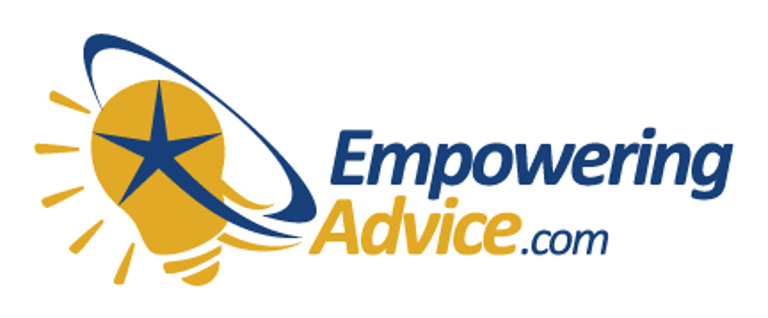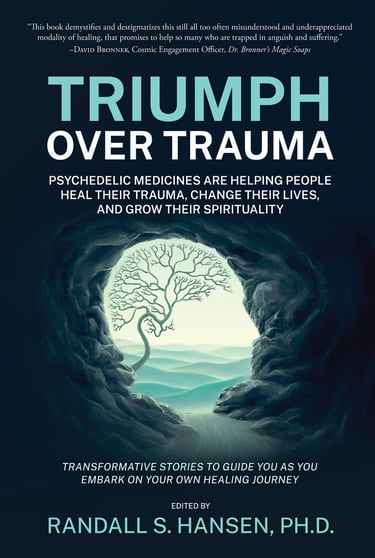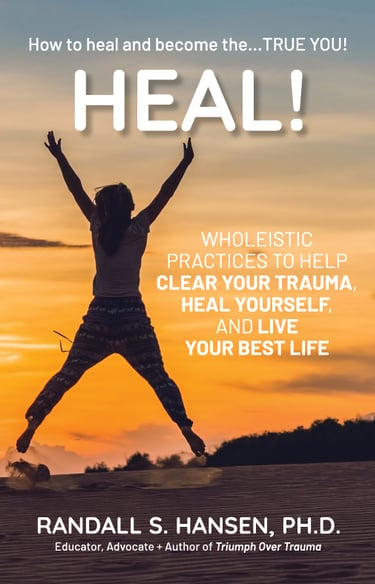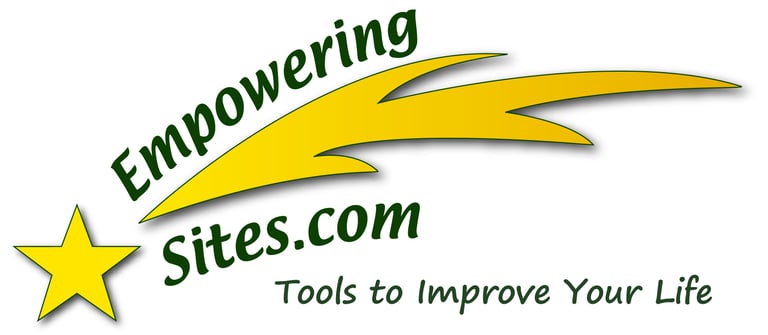Five Things We Can Do to Help Veterans in Our Community
This piece is about how we as individuals can empower ourselves by helping and empowering a group of people in our communities that are suffering -- and who are most worthy of our support.
We have a history of a strong military protecting the people and interests of this country, of our men and women being deployed around the world, including high-risk combat zones and wars. These people risk their lives so we can live freely and safely. It is a noble and important job they serve.
Yet, when they come home from their duty and transition back to civilian life, many of these honorable men and women face difficulties, which result in serious and sad circumstances, including drug and alcohol addiction, depression and suicide, lack of work and homelessness. Many of these men and women come back with mental and physical injuries, post-traumatic stress, brain injuries, and more.
While studies and statistics vary, we do know these truths:
The suicide rate for veterans and former military personnel is 50 percent higher than the civilian population; one study found the death rate to be 40+ suicides DAILY among veterans.
On any given day, about 40,000 to 50,000 veterans are homeless -- men and women suffering from mental illness and/or alcohol or other substance abuse, and without family or others to support them. Experts estimate another 1.4 million veterans are on the brink of homelessness, the result of struggling with the transition from military back to civilian life.
Studies show about a quarter of all former military and veterans suffer from some form of mental illness, including depression, traumatic brain injury (TBI), or post traumatic stress disorder (PTSD).
Veterans have a difficult time adjusting to civilian life, often missing the sense of purpose and community they had in the military, and facing a lack of understanding from those who never served.
Many veterans face challenges when transitioning to the civilian workforce, both in understanding the nuances of civilian job-hunting as well as facing obstacles in employers willing to make the effort to understand their unique characteristics -- and challenges.
You might think that the Veteran's Administration has all our veterans handled and well taken care of, but you would be wrong. The VA can do some things (when it is functioning properly), but veterans need us, the civilian population, to embrace, encourage, and help them.
So, what can we do to help these veterans in our community? You have already made the first step by reading this article; that was the easy step. The next step is looking at participating in one or more of these things you can do -- at both the local and national levels -- to give back and help.
Five Ways to Help Veterans in Our Community
1. Support and Information Network. Work with your neighbors in creating an online community for each other -- and veterans. Include information on local resources, activities and events, professional services, and support groups, including meetings. Consider starting a meals-for-veterans group, or one that offers rides to veterans, or other similar support programs and neighborhood initiatives. Talk with your employer about what your organization is doing to help recruit and retain veterans.
2. Volunteer Your Time. Make an effort to meet and talk with veterans, either at a personal level or through events such as Stand Downs. Offer your expertise, which is especially needed in legal, mental health, and career and job services. Help build a home for a veteran, or train a service dog for a disabled veteran.
3. Donate and Contribute to Veteran Support Organizations. Large numbers of non-profit groups exist to support veterans, but many of these are underfunded and thus their services are limited. If you have the resources, donate money to the cause -- or find other ways besides money to donate, such as the Hero Miles Program, which allows you to donate your airline frequent flyer miles to help veterans.
4. Contact Your Elected Officials. The problems veterans face upon returning to the states are known issues and yet many elected officials seem to lose sight of their need -- and obligation -- to help fix them. Contact your elected officials at all levels, from your city council members to your state and national representatives, and demand to know what they are doing to help veterans. Research on your own, or use a site like Common Cause.
5. Spread the Word. If some of the statistics at the top of this article startled you, then help spread the word on this national crisis. Share this information with your friends and colleagues; use social media to help raise awareness with all your contacts. Help increase the level of dialogue so that many more Americans are aware of these critical issues facing our veterans -- and so that many more of us find multiple ways to help these heroes, both at the local and national levels.
Final Thoughts on Helping Veterans
Many of these veterans in our communities are invisible to us -- and feel invisible themselves -- and it is OUR duty as the civilians they protected to reach out to them in whatever ways we are capable of doing so and offering our assistance.
If you are struggling for ways to help, simply ask around...or search online for helping organizations... or use the partial list below, but just do it... find your way to help.
Finally, if you are still on the fence about how or why you should help, please watch this moving film about the struggles of fighting soldiers in Afghanistan and their struggles returning home: No Greater Love. The producers are also planning Patriot Rallies across the country to help raise awareness.
Veteran Aid/Support Organizations
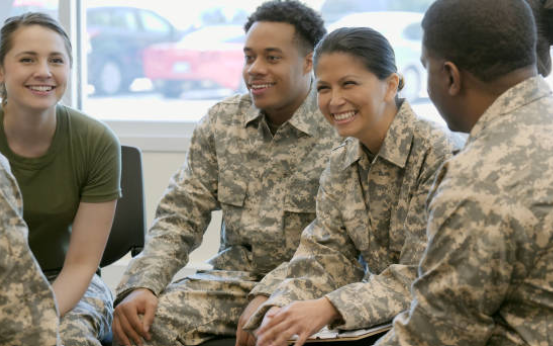

Dr. Randall Hansen is an advocate, educator, mentor, ethicist, and thought-leader... helping the world heal from past trauma. He is founder and CEO of EmpoweringSites.com, a network of empowering and transformative Websites, including EmpoweringAdvice.com.
He is the author of the groundbreaking Triumph Over Trauma: Psychedelic Medicines are Helping People Heal Their Trauma, Change Their Lives, and Grow Their Spirituality and the well-received HEAL! Wholeistic Practices to Help Clear Your Trauma, Heal Yourself, and Live Your Best Life.
Dr. Hansen's focus and advocacy center around true healing ... healing that results in being able to live an authentic life filled with peace, joy, love. Learn more by visiting his personal Website, RandallSHansen.com. You can also check out Dr. Randall Hansen on LinkedIn.
